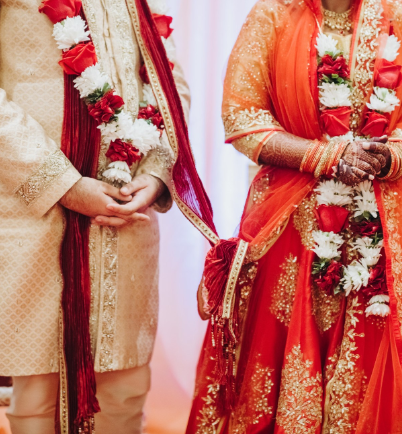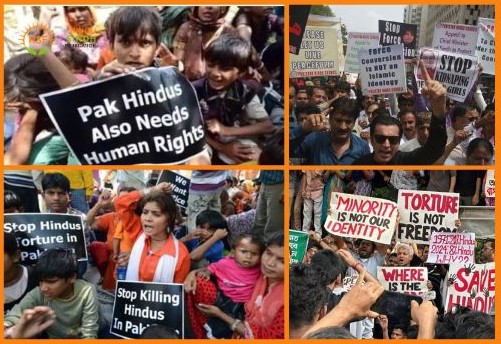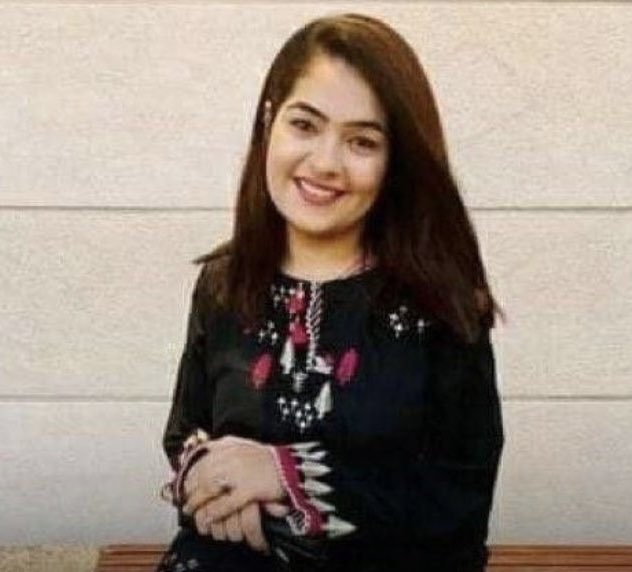Maharaj Dayaram, a Hindu Pandit residing in Sattarnagar, Mirpur Khas, has been conducting marriages and religious rituals for the Meghwar community for two decades. However, recent challenges have arisen as couples seek marriage certificates. Unfamiliar with the technicalities, Dayaram highlights a broader issue in Sindh, where Hindu marriages are now governed by formal law. According to the 2023 census, Sindh’s Hindu population exceeds 41.50 million, emphasizing the need for regulation.
The Sindh Hindu Marriage Act, 2018, aimed to formalize Hindu marriages, yet awareness remains low within the community, including Pandits. M Prakash, a key advocate for the Act, underscores its significance, especially for Hindu women who now have rights to remarry and seek khula from their husbands.
However, the implementation faces hurdles. Despite official notifications for Pandit registration under the Act, the process lags due to community reluctance and lack of awareness. Director of Local Government Hyderabad Division, Habibullah Siddiqui, attributes the slow progress to widespread ignorance and emphasizes the necessity of community awareness.
Pandits express varied opinions. Maharaj Dayaram, despite registering, faces uncertainty about the content of the marriage certificate’s seal. Maharaj Kishore Kumar Saraswat cites obstacles, including varying registration fees across districts and communication gaps between officers and Pandits.
According to a survey, registration fees range from Rs 1,000 to Rs 5,000 in different districts. Maharaj Kishore suggests uniform fees, increased NADRA cooperation, and better communication channels to expedite the Act’s implementation.
Habibullah Siddiqui defends the varying fees, citing local councils’ autonomy in fixing taxes. Krishan Sharma, from the National Lobbying Delegation for Minorities, stresses the need for public awareness about the Act, linking it to preventing forced conversions and legally addressing Hindu children’s care and property sharing.
Krishan Sharma further points out that while the National Assembly passed the Hindu Marriage Act 2017, Punjab and Khyber Pakhtunkhwa have yet to adopt it. He urges Sindh to lead the way, advocating for officer training and awareness sessions for Pandits.
The Sindh Hindu Marriage Act, despite its potential benefits, faces challenges in implementation due to community unawareness, communication gaps, and varying fees. Public awareness campaigns, uniform fees, and improved communication channels are crucial for realizing the Act’s objectives and preserving Hindu cultural heritage in Sindh.
Sindh government should focus on comprehensive training for Local Government Department officers and organizing awareness sessions with Hindu Pandits. Bridging the communication gap and standardizing registration fees will streamline the process. As Sindh takes the lead in preserving Hindu cultural heritage through the Sindh Hindu Marriage Act, collaboration between the government, Pandits, and the community becomes paramount. This collective effort not only ensures legal protection but also upholds the rights of Hindu women, fosters communal harmony, and solidifies the diverse cultural fabric of Sindh for generations to come.






